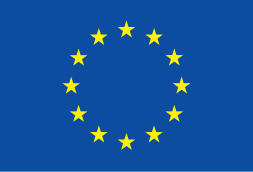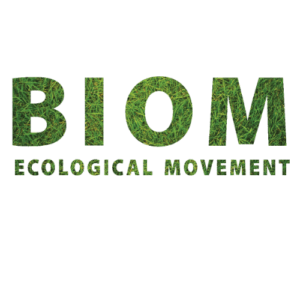
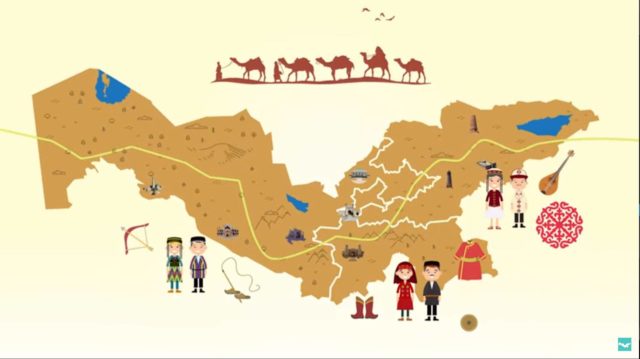











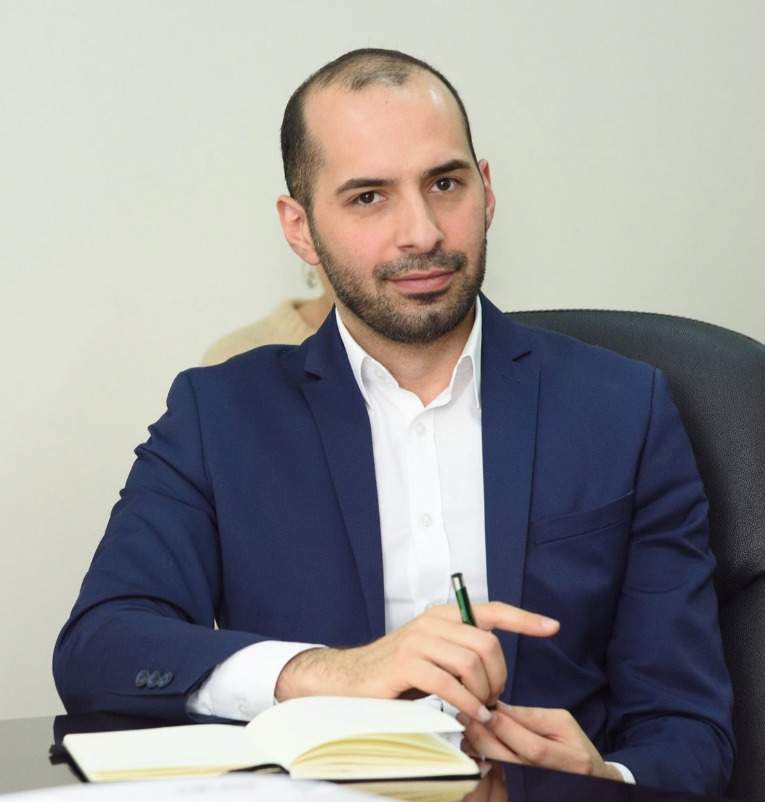

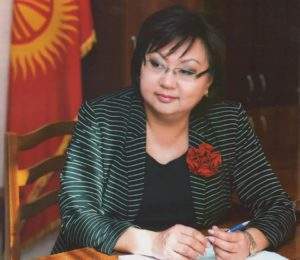
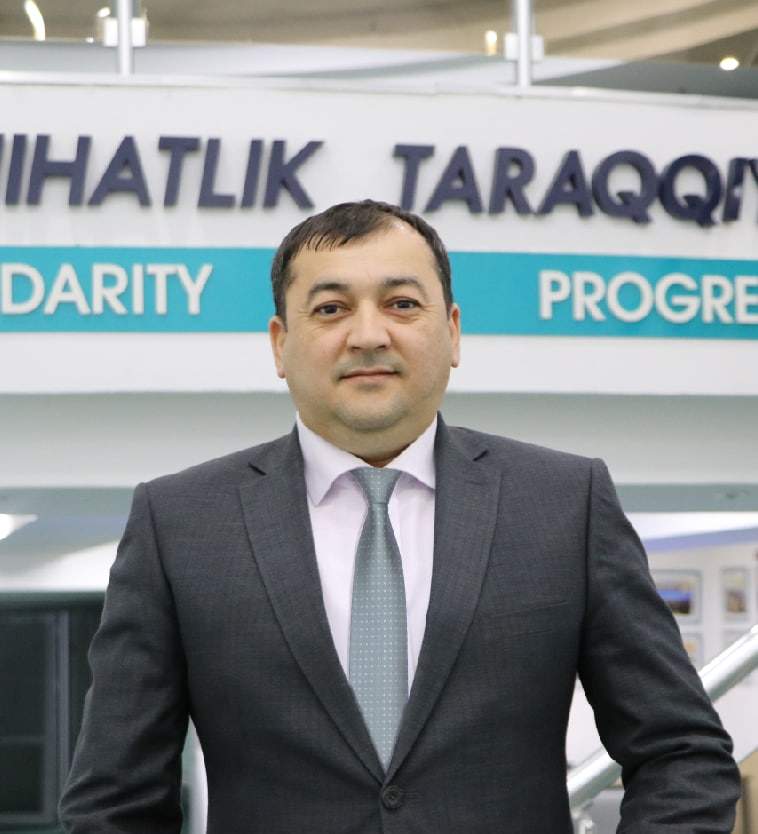
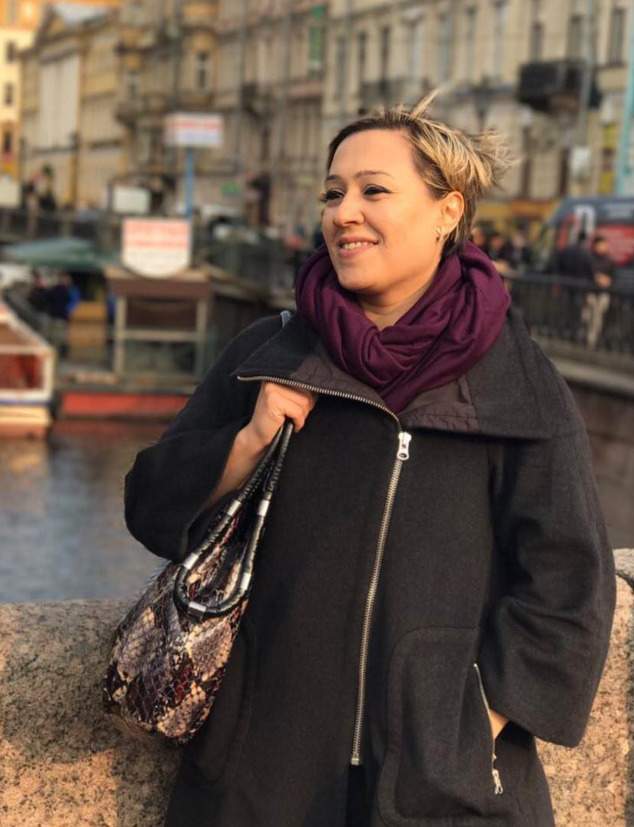
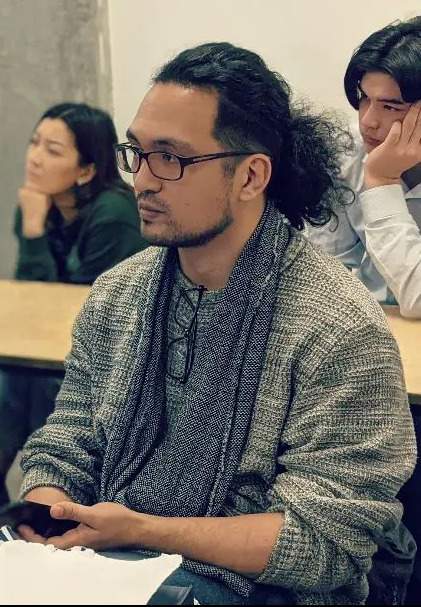



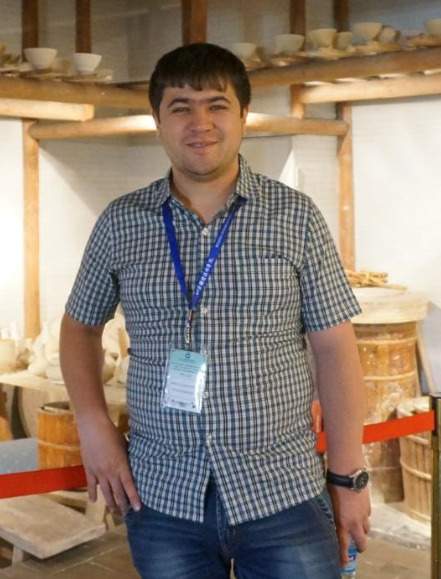
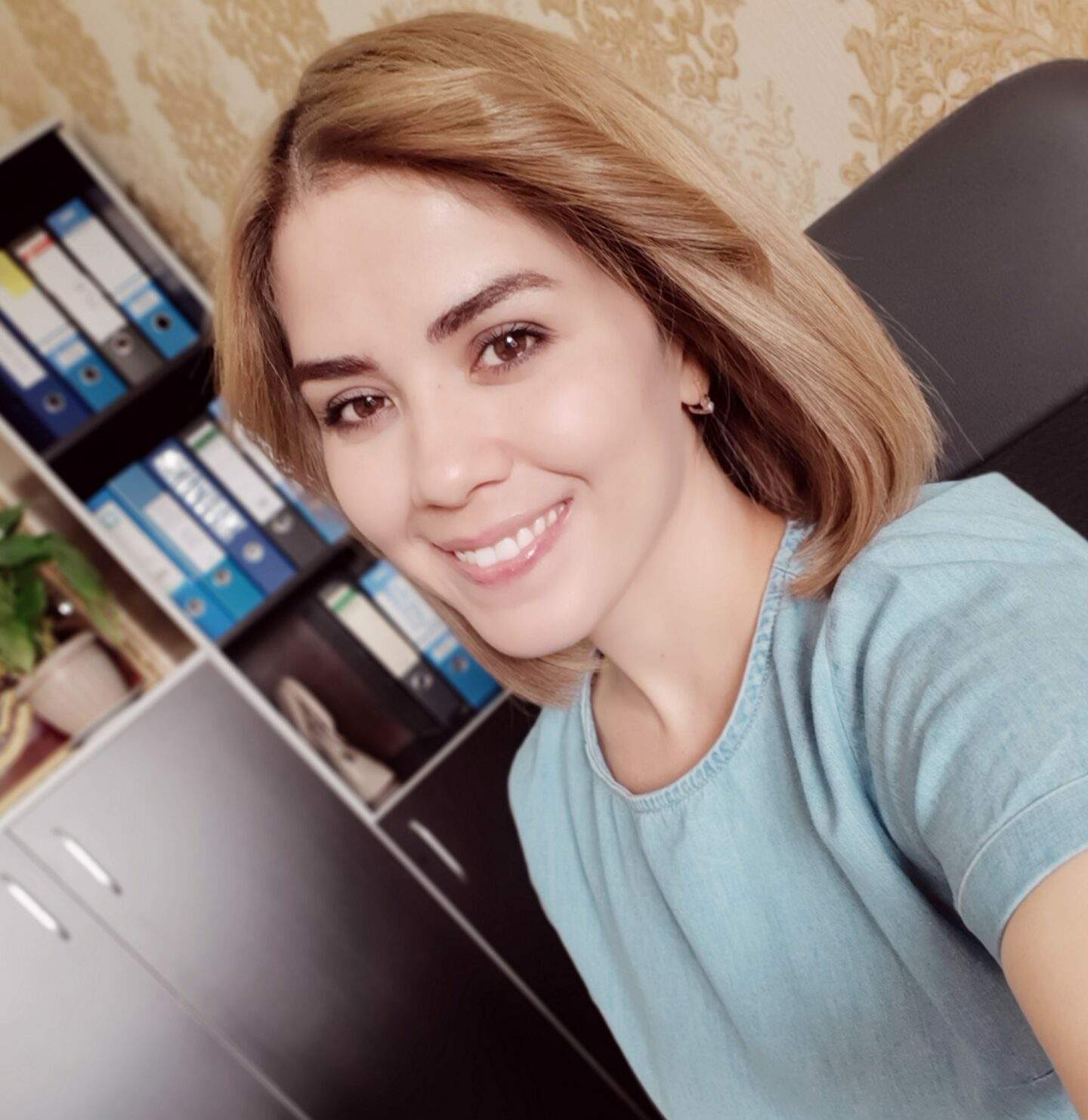











The European Union funded project «Cross-Border and Cross-Sector Dialogue for Tolerance and Peace in Central Asia» aims to facilitate multi-stakeholder and cross-border dialogue and cooperation between Kyrgyzstan, Uzbekistan and Tajikistan for the promotion of tolerance and prevention of radicalization, raising awareness on the violent extremism causes, and importance of good mutual understanding, and capacity building of local civil society within border areas of three countries.
The project is implemented by a consortium led by the Konrad Adenauer Foundation together with three national partners: the Ecological Movement "BIOM" (Kyrgyzstan), the All-National Movement "Yuksalish" (Uzbekistan), and the Gender and Development Public Organization (Tajikistan).
The Overall Objective of the project is to facilitate multi- stakeholder and cross-border dialogue and cooperation between Kyrgyzstan, Uzbekistan and Tajikistan for the promotion of tolerance and mutual understanding and the prevention of radicalization.
The Specific Objective to raise awareness of the roots of violent extremism and the importance of a good mutual understanding, to build capacities of local civil society in border region of Kyrgyzstan, Uzbekistan and Tajikistan and to initiate and institutionalize different cross-border and cross-sector dialogue formats for promotion of tolerance, prevention of violent extremism and for a better cooperation between border communities and between civil society and local authorities.

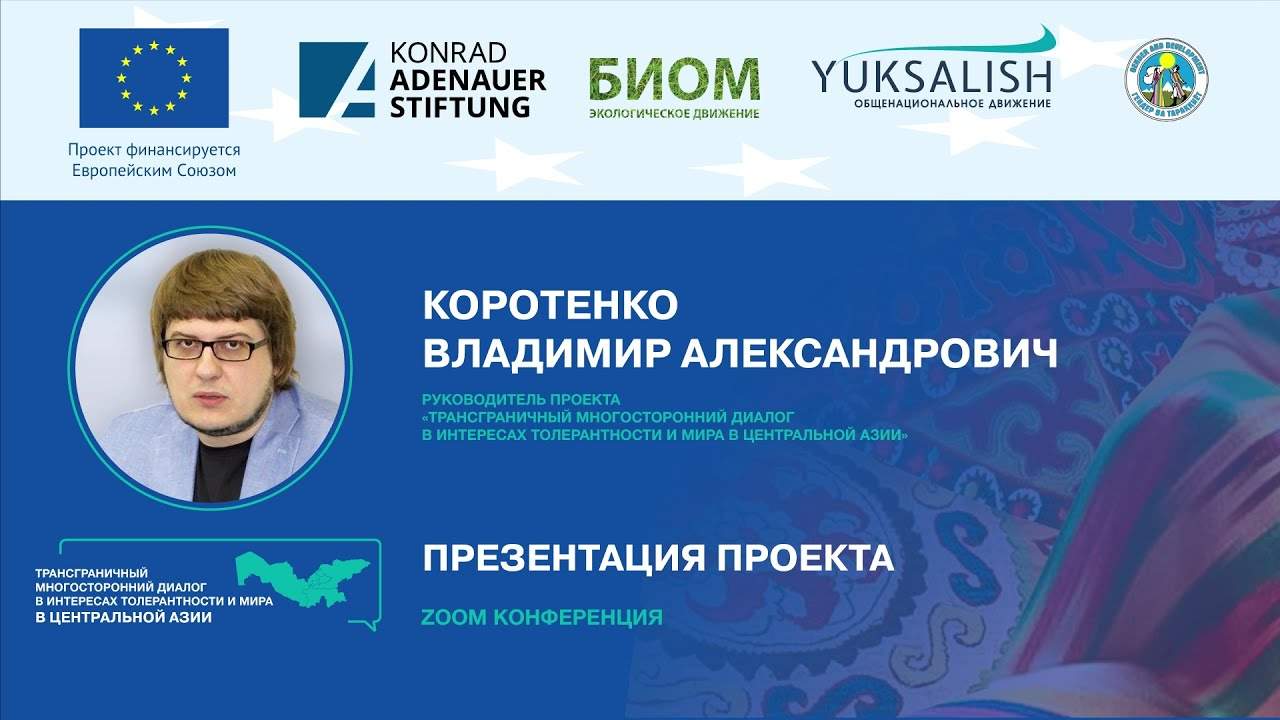

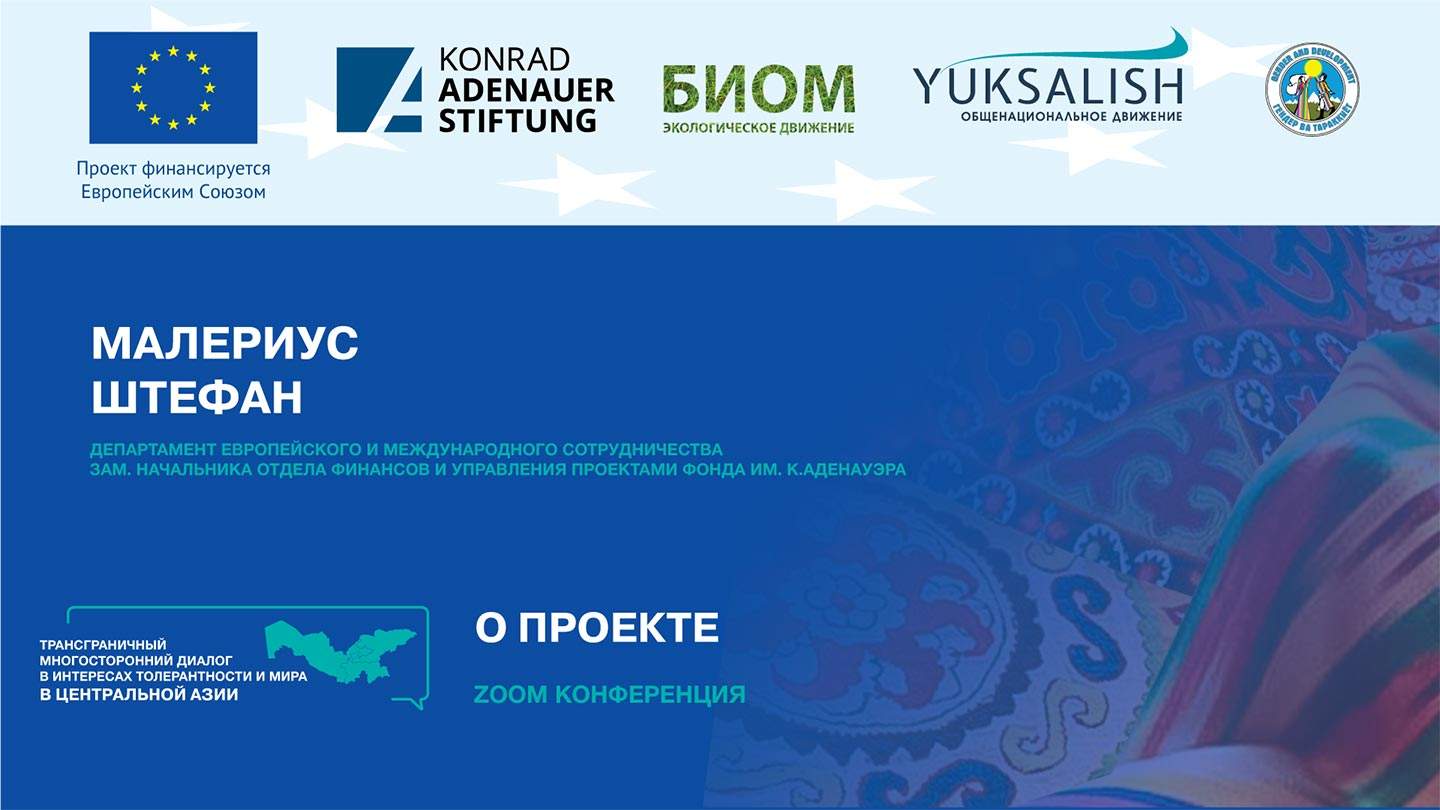


To effectively address the tasks outlined within the project, work was carried out to identify and analyze the causes of violent extremism targeting three out of the five Central Asian countries: Kyrgyzstan, Uzbekistan, and Tajikistan. This work included desk research on "Factors of the vulnerability of youth in Kyrgyzstan, Uzbekistan, and Tajikistan to the risks of radicalization and extremism," content analysis of media and social media to identify messages transmitted by ethnic, religious, and other stereotypes, and the spread of extremist and radical ideas in Central Asian countries. Additionally, field sociological research was conducted to identify the needs, demands, and problems faced by youth in the border regions of the Fergana Valley.
The research will provide the basis for the development of a complex of measures to strengthen tolerance and peaceful coexistence in the border regions of Kyrgyzstan, Tajikistan, and Uzbekistan


The research is closely related to activities aimed at raising awareness of opportunities for youth and the importance of promoting ethnic and religious tolerance, particularly through the conduct of training for local media.
This project direction includes the development of a regional media strategy to counter the spread of violent extremism ideas that lead to radicalization, interethnic hostility, and terrorism, building the potential of youth initiatives, increasing the qualifications of journalists on issues of non-violent coverage of events, creating platforms for regional exchange of experience and cross-border activities aimed at promoting peace and tolerance, as well as sub-grants for the production of media products on issues of tolerance and peacebuilding.


The project aims to strengthen the capacity of civil society organizations, youth initiatives, educational institutions, and local authorities in promoting understanding and preventing violent extremism in the border regions of three countries. This includes enhancing the ability of youth groups and local civil society organizations to become active mediators in dialogue in these border areas.


Implementation of tolerance, peacebuilding, and good neighborliness programs in the system of non-formal and supplementary education in Central Asian schools.
Development of the Handbook "Class Hours on Good Neighborliness and Peacebuilding for School Teachers" for conducting extracurricular activities published in 4 languages; an open online course for teachers is conducted and published on the Internet in 4 languages; three 1-day conferences are held in 3 countries for 50 participants in each country for representatives of the secondary education system (a total of 150 participants).


To create and support various platforms for cross-border and intersectoral dialogue to deepen people-to-people contacts, combat stereotypes, build trust and promote tolerance. As part of the Project's activities at the level of local communities in three countries, groups of representatives of local authorities and local activists will be created to develop "Local Tolerance Agenda" in order to identify local problems and outline ways to solve them together.



